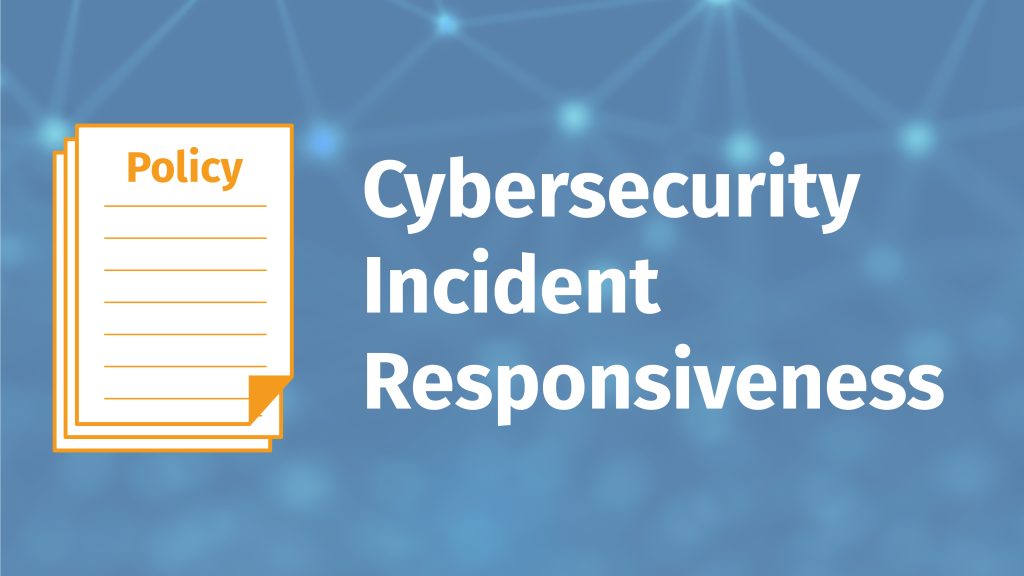


As more and more credit union members conduct their banking online, it’s important to address security concerns before they turn into problems. Financial institutions handle sensitive consumer data every single day. Members trust their credit unions to protect their data and take proper precautions to safeguard it. This is one of the most important duties of a credit union and the subject of intense regulation.
The National Credit Union Administration (NCUA) has revised their Cyber Incident Notification Requirements, 12 CFR 748.1(c), to provide more information on responsibilities, framework and guidance on cyber incidents, which they define as an event that has “a significant probability of compromising business operations and/or threatening data security.”
Cyber incidents not only put members’ sensitive information at risk, but also place strain on a credit union’s technology resources. On top of those consequences, credit unions may be faced with financial losses, damaged reputations and legal repercussions.
Key Elements for a Successful Cyber Incident Response Program
Every credit union should have a well-defined and documented cyber incident response policy and plan to help react to and recover from incidents faster and more effectively. The basic components of a well-defined program, as outlined by the NCUA, are:
With all the data that credit unions have, they are attractive targets for cyber incidents.
A successful plan can help organizations prevent, prepare, test and train for cyber incidents. These elements require cooperation between teams, so in addition to putting smart IT solutions in place, it’s important to educate staff about their duties.
Prevention
Credit unions can protect staff and members by implementing procedures to prevent cyber incidents. This can be as simple as installing antivirus protection on staff computers, blocking ads and unsafe websites, performing regular vulnerability scans and applying secure configurations to all systems.
In addition, credit unions should work to ensure staff are properly trained on what to look for and how to react. When everyone understands their role in protecting the organization, it adds an extra layer of security to a cyber incident response plan.
Training & Testing
Hand in hand with prevention, credit unions should implement regular cyber security training and testing. When a team can identify and detect incidents faster, the IT team can jump in more quickly. Leaders can work with their credit union’s IT team to create a training program that is informative and engaging, including response workshops, tabletop exercises, or other activities.
Reporting on a Cyber Incident
Federally insured credit unions are required to notify the NCUA of cyber incidents. They should report these incidents as soon as they are aware, but the formal rule requires that:
Consult the NCUA’s guidance on cyber security incidents for specifics on the reporting process – what to include, how to report and what to expect.
With the constant evolution of cyber security threats, credit unions should continuously monitor updates from the NCUA and other regulatory bodies to ensure their cyber incident response policies and plans are in alignment and up-to-date.
Need a second set of eyes or help getting started? ViClarity’s compliance consulting team can assist with cybersecurity incident response policy development or review existing plans to ensure compliance with NCUA requirements and best practices.
Article by ViClarity, a company of the California and Nevada Credit Union Leagues and a member benefit.
2855 East Guasti Rd., Suite 202
Ontario, CA 91761
909.212.6000
1201 K. St., Suite 1050
Sacramento, CA 95814-3992
916.325.1360
c/o Great Basin FCU
9770 South Virginia Street
Reno, NV 89511-5941
202.638.5777 www.cuna.org
www.dfpi.ca.gov
Clothilde “Cloey” V. Hewlett — 415.263.8500
fid.state.nv.us
702.486.4120 (Las Vegas)
775.684.2970 (Carson City)